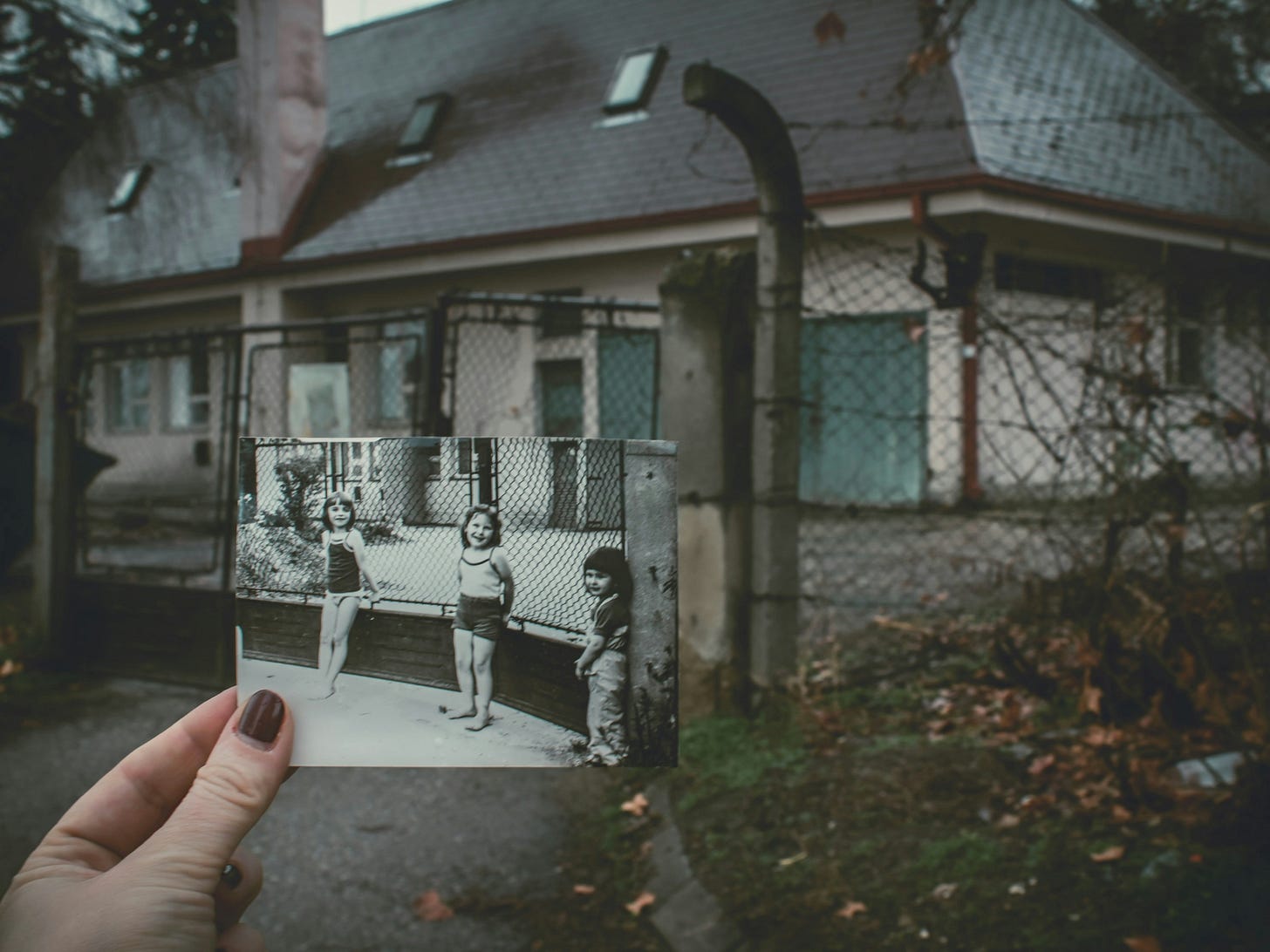Youth Shows But Half
Homily for July 7, 2024; Fourteenth Sunday of Ordinary Time
Recently at a family dinner we got to talking about changes over the years in what we do or don’t eat – how food allergies can develop or disappear from childhood into adulthood; how our likes and dislikes can change as we age.
My Mother remembers when I was a baby and she tried feeding me mixed vegetables – each spoonful I’d work around my mouth and eject the peas out of the corners. My wife was surprised to hear this story, considering she is now the one who doesn’t like peas and I don’t actually remember not liking them.
My Dad often told the story of the time I was about four, the family was having dinner in a restaurant, and during our deliberations over dessert I apparently proclaimed loudly to the entire restaurant that I hate apple pie! Fifty years later, I love apple pie.

We all change, we all grow. And in the process we are all faced, occasionally, with people who don’t want to let go of our past. The person we were when they knew us best, that gets locked in and in their mind, no matter how old we get, we will always be that four, six, or twelve-year-old.
Rob Reiner once remarked that whatever else he did with his life, even if he went and won a Nobel Peace Prize, the headline would read, “Meathead wins Nobel Prize.”
This is what Jesus has to deal with, coming home to Nazareth.
He’s been all over the region, healing the sick and infirm, casting out demons, teaching in the synagogues. But here he’s just that carpenter’s son who made me that footstool that one time.
Many of them probably grew up with Jesus, and are thinking I’m no different than I ever was, why should he be?
It’s a mindset we should be wary of, because it’s easy to fall into. Especially those of us who were raised in the Catholic faith.
When I was Confirmed at age fourteen, we saw it as a kind of “graduation” – a completion – I’d learned everything about the Church, about the faith, about Jesus.
The truth is, of course, that at fourteen I didn’t really know anything about anything.
Confirmation, like graduation, may mark the end of a formal process of education. But it’s only the beginning of a lifetime of learning, of growth, of becoming the person God intends us to be.
We don’t want to be like the people of Nazareth, stuck in our old, youthful notions of who Jesus is, what our faith is. As we grow and mature, we want a faith that can grow with us, a relationship with Jesus that can mature as we do.
And we certainly don’t want to be the “hard of face and obstinate of heart” that the Lord has to send Ezekiel to in the first reading, people who need a prophet to go in and tell them off and set them straight.
The constant danger is that we get too comfortable in our faith.
CS Lewis once said, I didn’t go to religion to make me happy. I always knew a bottle of Port would do that. If you want a religion to make you feel really comfortable, I certainly don’t recommend Christianity.
Our faith is a constant reminder that we live in a broken world – a world of suffering and death. And that is where Jesus comes to meet us. When we try to shield ourselves from the trials and hardships of this life we avoid those places where Jesus would meet us.
As Saint Paul reminds us in the second reading, we should be content with weaknesses, insults, hardships, persecutions, and constraints, for the sake of Christ. For when we are weak, then we are strong.
As in any relationship, there is a temptation to settle into a kind of cruise-control, coasting along and taking the relationship for granted. It can happen in our families, our marriages, our friendships, and it can happen in our relationship with God.
Our relationship with God is what draws us ever toward perfection, toward becoming the best possible version of ourselves. It should challenge us, push us, encourage us out of our comfort zones.
That is the challenge, the uncomfortable Truth of our life in Christ. That we must pass through the hardships of this life to come out the other side, into Eternal Life.

